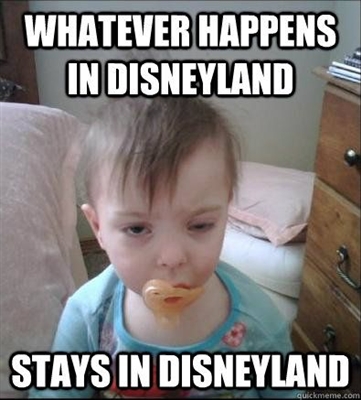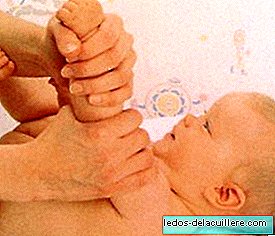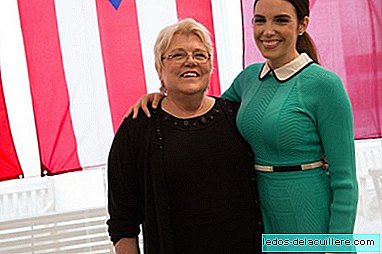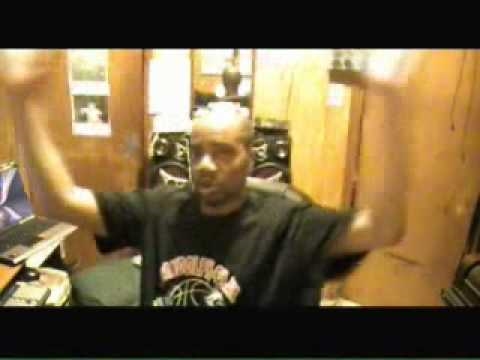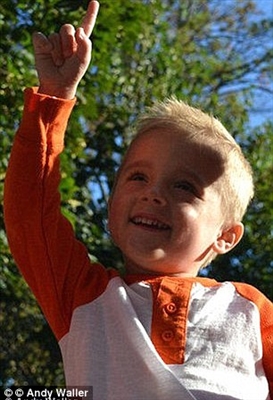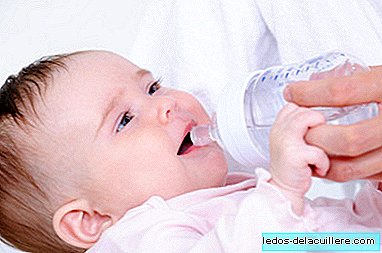Yesterday, March 6, the European Day of Speech Therapy was celebrated, a date that aims to inform and sensitize public institutions and society on the importance of communication disorders, how they influence the patient's health and how speech therapists can help.
And in this case, as in all, the detection and early treatment is essential to correct the problem in the shortest possible time. But, would you know what signs can indicate that your child needs the help of a speech therapist? We tell you!
What is the work of a speech therapist?
The first thing we should know before analyzing the signals that may indicate the need to go to a speech therapist is precisely what a speech therapist is and what role it plays.
The speech therapist is a professional who deals with the diagnosis and treatment of disorders that have to do with speech, voice, hearing, language (both oral and written) and associated oral functions, such as breathing, chewing and swallowing
Its quick action allows solving the most frequent problems without great difficulties, hence the importance of consulting any doubt we have or alteration that we have seen in the development of our child's language.
What are the main communication disorders?
This year, European Speech Therapy Day has been focused on communication problems due to acquired brain damage. And it is that in some occasions, the alterations of the language come derived from cerebral damages, auditory lesions, motor deficiencies or problems in the cognitive development. In these cases, speech therapy treatment will be done jointly with other health professionals.
But in the rest of the cases, problems occur during language acquisition and manifest themselves in the early school stages. And if these disorders are not treated correctly and early, apart from the social problems that can cause in the child's daily life, other learning problems may also appear.
The main communication-related disorders that occur in the childhood stage are:
Speech related disorders
It is usually the most common consumption: concerned parents because their child does not speak well, stutters, does not articulate correctly or does not pronounce certain sounds.

This would be the case of dyslalia, for example, which occurs in young children before the age of four or five and affects the pronunciation of certain sounds or phonemes. It is very common in consonants such as "r", "rr", "s" or "l", although it also occurs in syllables.
Dysglossia is a type of dyslalia that is given by abnormalities or malformations of speech organs (lips, jaws, tongue, palate, mouth), which prevent the correct articulation of the phonemes.
Another common problem related to speech is stuttering, which affects speech fluency and it is characterized by prolonging syllables or repeating them frequently, altering the rhythm of language. On some occasions it can occur in young children and disappear spontaneously, but on others it requires the attention of a professional.
Language related disorders

These types of disorders can range from simple language delay, to specific language delay, selective mutism, dysphasia or aphasia.
Sometimes it's about children who it takes a long time to start speakingr, who show difficulties in having a conversation according to their age, to expand their vocabulary, match words or agree on the different elements that constitute a sentence.
Reading-related disorders

These disorders arise when the brain processes language differently, affecting the way of writing, reading or understanding the most elementary mathematics, causing problems such as dyslexias, dysgraphies, dyscalculias or dysortography.
The most frequent disorder is the dilexia that according to the College of Speech Therapists of Madrid affects 700,000 schoolchildren, although it is estimated that there are many cases that are not diagnosed. This disorder, which is behind four out of six cases of school failure, is characterized in that the child confuses letters, words or syllables.
Voice related disorders
These types of problems affect the tone, timbre or voice intensity. Sometimes it is due to an organic lesion of the vocal cords, but in others it is a misuse of the voice due to excessive shouting or certain environmental problems.
It would be the case of dysphonia (popularly known as "aphonia" or "hoarseness") or resonance disorders, such as hyponasality and hypernasality.
Swallowing related disorders

Disorders of childhood atypical swallowing or dysphagia cause difficulty swallowing food, so that when swallowing these "go somewhere else", causing aspiration or choking.
In some cases these problems are due to an incorrect position of the tongue or lack of force on the lips, for example, and the speech therapist can intervene to solve it.
What signs should put us on alert?
There are several signs related to language, speech or voice that can put us on alert, and that we should consult as soon as possible with a professional, since although in some cases it could be passenger problems that tend to resolve spontaneously Over time, in others they may require specialized intervention.

First months of life: Our baby is especially silent or does not babble. Nor does he smile or follow us with his eyes.
Between six and eight months of life: Our baby does not respond to the sounds around him, does not present vocal games or does not present a clear response to the human voice. Nor does he show interest in following the game.
Between 12 and 24 months: Throughout the first year of life the first words appear meaningful and intentional. They are everyday and simple words composed of two syllables.
Each child has its own rhythm when it comes to acquiring in language, but if around two years the child still does not say a word, we should consult with a specialist.
At 24 months: The child does not pronounce simple phrases composed of two elements, and abuses mimicry and gestures to express himself.
At three years: It is difficult for us to understand him to speak, either because he emits phonemes (instead of saying "shoe" he says "apato", for example), or because he replaces them ("tero" instead of "I want", for example).
Between four and six years: Once our son has acquired the language, some alarm signals could be childish speech, a very reduced vocabulary, poor fluency in his verbal expression, telegraphic phrases (with absence of articles and pronouns), unintelligible words, stuttering, obstacles to when expressing oneself, bad pronunciation, refusing or having significant difficulties in writing or reading (when by age you should already do it)…
Other signs that we should also consider are drastic changes in the voice, open mouth breathing, hoarseness or frequent aphonia or selective mutism.
Before any of these signs or doubts that may arise during the stage of acquisition and development of the language of our children, it is best to consult as soon as possible with the pediatrician in order to assess a possible early intervention of the speech therapist.
IStock Photos
In Babies and More Speech Disorders, Speech Therapy: much more than the "rr", Speech Therapy, Language Disorder


